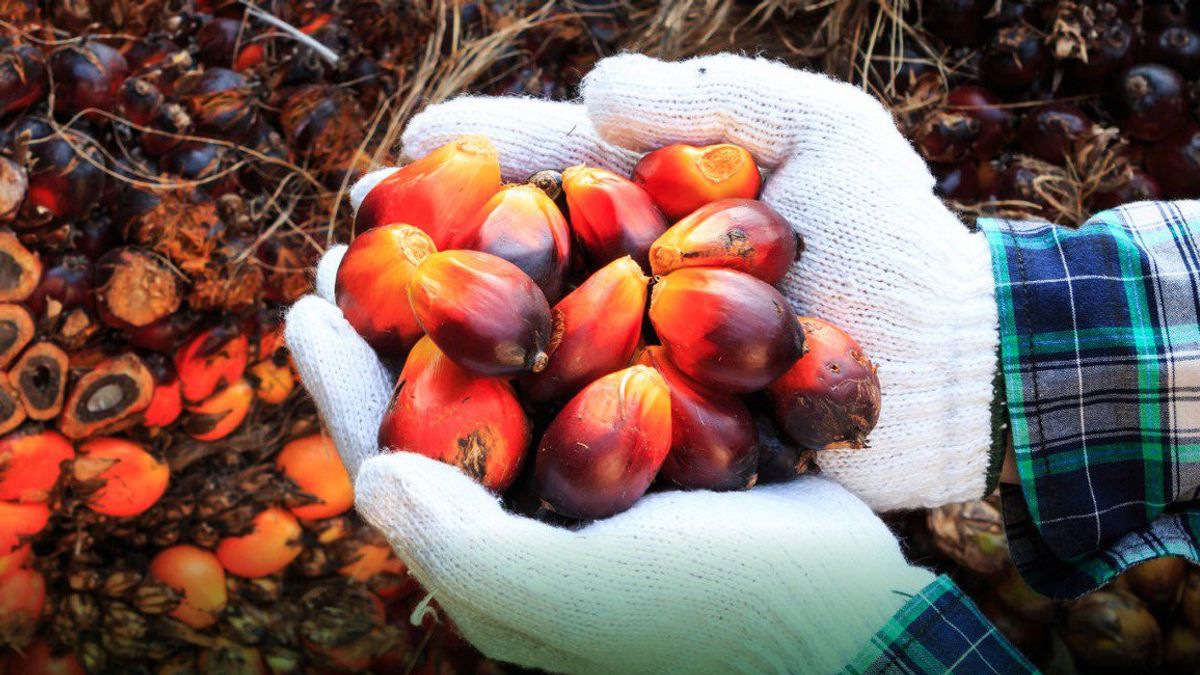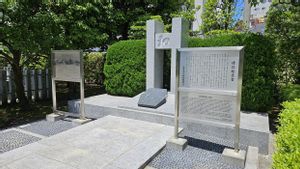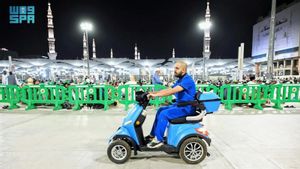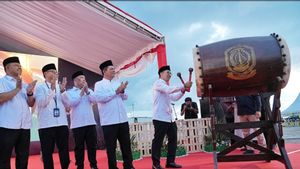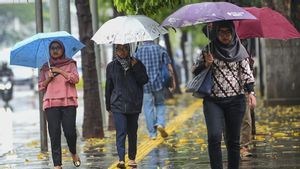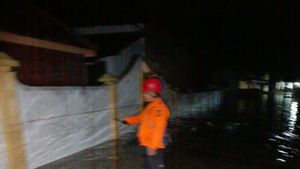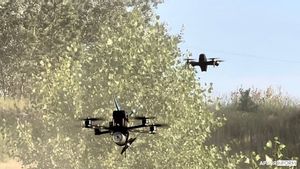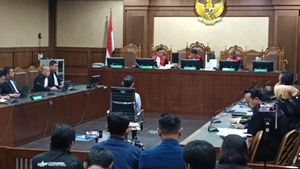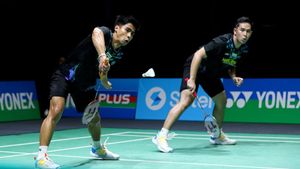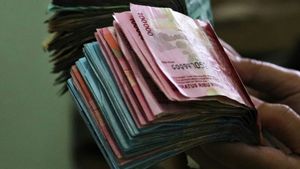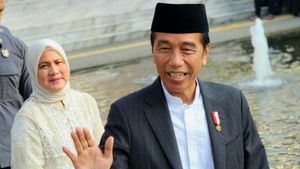JAKARTA - The international public now has no doubts about the huge potential that Indonesia has in terms of palm oil commodities. With a production capacity of more than 50 million tons of Crude Palm Oil (CPO) per year, and an area of land for oil palm cultivation reaching 16 million hectares nationally, practically makes Indonesia now listed as the world's largest palm oil producer.
However, in the midst of such great potential, the palm oil industry in Indonesia is still facing challenges not only from internal business actors, but also from external parties outside the national oil palm ecosystem. Not only from within the country, but also a variety of challenges, not a few that come from abroad.
In order to maximize all available potential and at the same time answer the various challenges that are facing us, the national palm oil industry certainly needs help and support from various parties. One of them is among the younger generation, especially millennials who currently control at least 33.75 percent of the total population of Indonesian society as a whole.
In the midst of challenges and opportunities in the field, the participation of the millennial generation in the development of the national palm oil industry in the future is highly expected.
"This group of students, students, youth and millennial groups is a very valuable asset, and even determines the future of the palm oil industry, as one of the strategic commodities with bright prospects owned by Indonesia. It is in their hands that the future is determined, will be determined. What kind of utilization of the national palm oil industry in the future can be maximized, "said the Director of Planning and Fund Management of the Oil Palm Plantation Fund Management Agency (BPDPKS), Kabul Wijayanto, in a virtual discussion entitled Digitalk Sawit, Monday, July 13.
So far, according to Kabul, the palm oil industry has not only faced internal problems, but also external ones, and has also not only been challenged by domestic challenges, but also many have come from abroad. Therefore, it is hoped that the involvement of the younger generation will be more motivating and become the 'new blood' that makes the national palm oil industry stronger and stronger in facing the various challenges and opportunities that exist.
"On the basis of that thought, we from BPDPKS regularly hold activities like this, namely to embrace the younger generation to get closer, closer and better understand the great potential that Indonesia has in terms of this strategic commodity," said Kabul.
Kabul explained that Digitalk Sawit is the third event which is focused on young people in Aceh, West Sumatra, Riau and Riau Islands. Previously, a similar event was also held with a focus on the participant segment from Medan and Kalimantan.
By being held from city to city on a rotating basis, it is hoped that there will also be more millennial circles who can be embraced in a positive campaign about the palm oil industry.
"Finally, with this series of Digitalk events, it is hoped that it can invite the millennial generation to counter attacks in the form of negative campaigns that so far often afflict the national palm oil industry," said Kabul.
The English, Chinese, Japanese, Arabic, and French versions are automatically generated by the AI. So there may still be inaccuracies in translating, please always see Indonesian as our main language. (system supported by DigitalSiber.id)
